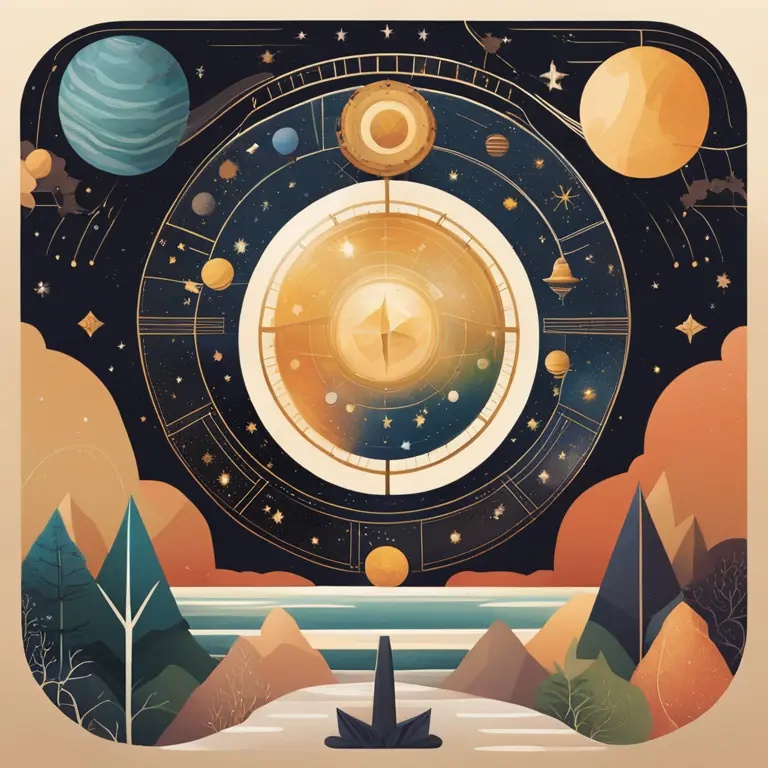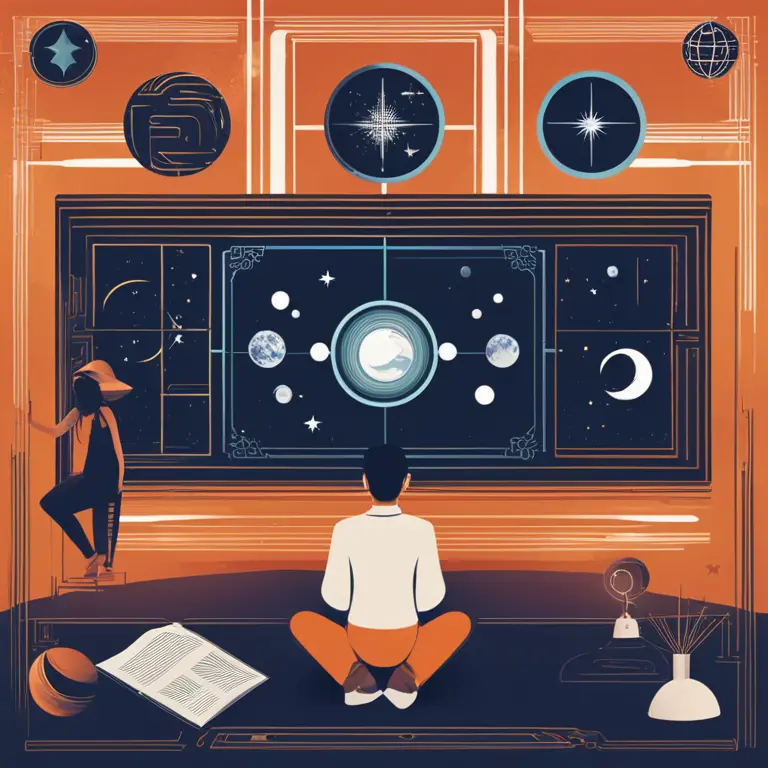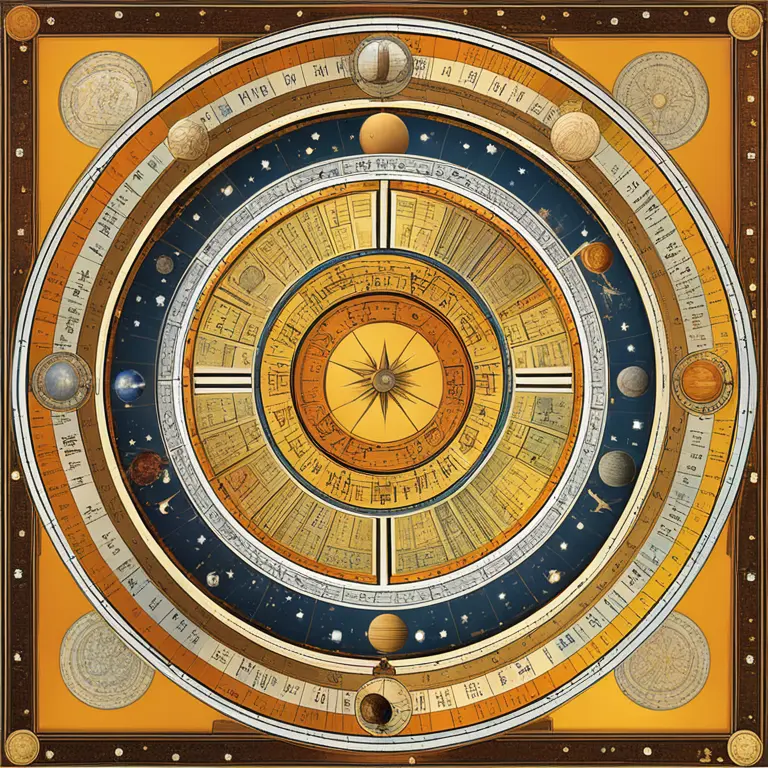
The Accuracy of Astrology Predictions
Examining the reliability of astrology and the factors that influence the precision of horoscopic insights.
article by Priya Deshmukh
Astrology: A Glimpse into the Cosmos
Astrology serves as a mystical bridge between the heavens and human experiences. Historical civilizations turned to the stars to seek guidance and understanding about the future. Today, it evokes a similar intrigue but now faces more scrutiny under the scientific lens. As we embark on the quest for clarity, the question of astrology’s accuracy is a central theme. The discipline claims to derive meaning from planetary positions, asserting that celestial movements influence individual destinies and world events.

Complexity of Astrological Systems
The field of astrology is vast, with numerous traditions and systems: Vedic, Western, Chinese, and more, each with its own methodologies. Personal charts are intricate, requiring exact birth times and locations to cast. Their interpretation is an art, demanding deep knowledge and often leading to varied insights. This complex framework means that astrology cannot boast the replicability or consistency often found in empirical science. It remains personalized, intuitive—arguably less about precision and more about perspective.

Critical Viewpoints on Astrology
Skeptics argue that astrology lacks empirical support, emphasizing the Forer effect, where vague statements can feel uniquely applicable to individuals. They cite cognitive biases, like confirmation bias, as reasons why some individuals may perceive astrology readings as accurate. Scientific trials geared towards validating astrology have largely failed to prove its efficacy. Nonetheless, these studies sometimes come under fire from astrologers who question their understanding of astrological principles.

The Role of Astrology in Modern Life
Despite criticisms, astrology's popularity endures, especially in the realm of online horoscopes, compatibility readings, and natal chart interpretations. In 2024, astrology apps and websites continue to thrive, offering daily insights and fostering a sense of community. Users often find solace in the themes of fate and self-reflection that astrology brings to light. Its role seems less about unerring predictions and more about providing a framework for personal growth and understanding.

Can Astrology Predict the Future?
Astrology may not predict the future with the certainty that some seek. Its nature is symbolic, often speaking in terms of potentials and tendencies rather than definitive events. Astrologers themselves may admit that their practice provides insight into character and timing rather than fixed outcomes. The shifting cosmic dance is seen as a canvas for probabilities, an idea resonating with the modern interest in quantum possibilities and the inherent uncertainty in the fabric of existence.
Embracing a Balanced View
For a balanced perspective, it's essential to acknowledge the psychological value astrology holds for many. Its accuracy may be subjective, woven into personal beliefs and experiences. As we move forward, the integration of astrology with psychological disciplines could forge a new understanding of its place in society. This synergy might offer a hybrid approach, harnessing the narrative power of astrology while grounding it with evidence-based practices.
Published: 1/12/2024
Modified: 1/12/2024
More predictions
Come back here soon to learn more about yourself and your future


Astrology: The Depths of Water Signs
Dive into the depths of the Water Element in Astrology and discover the intuitive and emotional nature of Cancer, Scorpio, and Pisces.


Zodiac Signs & True Self Reflection
Explore the compelling connections between zodiac signs and personality traits to discover if astrology paints an accurate picture of you.


Zodiac Sign & Compatibility: A Guide
Discover which zodiac signs are most compatible in love, friendship, and work with our comprehensive astrology guide.